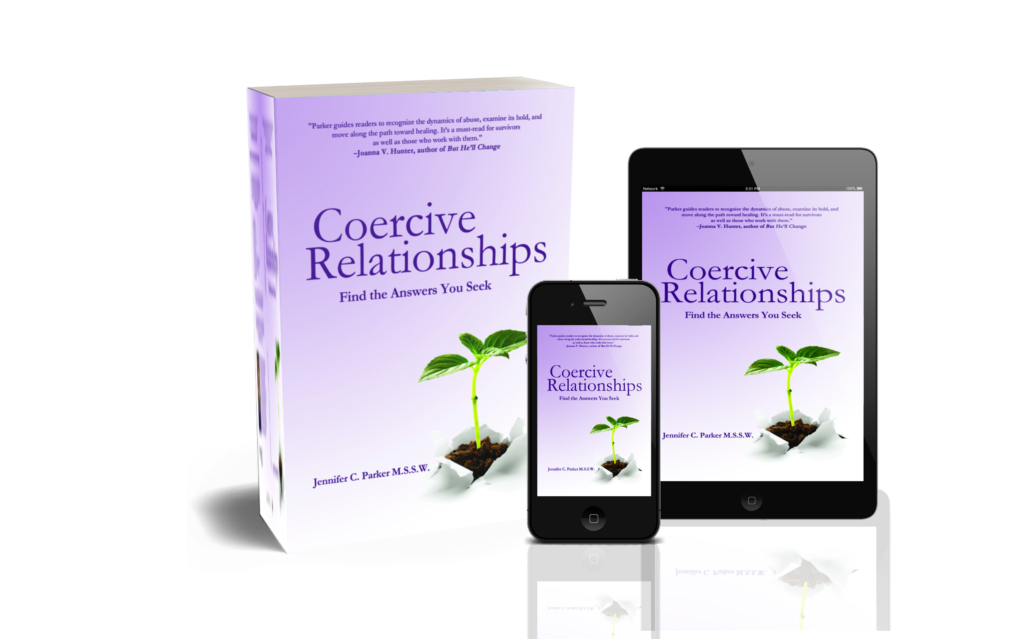THE IMPORTANCE OF STORY
“Stories shape our reality. They help us make sense of our pasts, what we’ve been through, who we were then, who we are now, and who we would like to be going forward. . . How might the internal logic of these stories shape your new experiences?” Esther Parel[i]

Owning our stories is an essential path to healing. When survivors break the silence by telling their abuse stories, it marks the beginning of the end of isolation, self-doubt, and shame.
The meaning we give what happens affects what we believe we can do. In the beginning, survivors tell their stories from a place of woundedness and helplessness, from a place of survival. Healing comes when they make the journey from wounding to their strength, giving themselves credit for how they coped and what they learned.
Before we look further at how stories are shaped, let’s look at what often keeps survivors silent: shame. Brenè Brown indicates we resist shame when we “name it, talk about it, own it, and tell our stories”[ii] I see these as “breaking the silence” steps that are crucial to recovering from abuse.
Breaking the Silence
The steps are not linear; they can occur simultaneously or over a long time. We can also go back and forth between them.
- Naming it involves identifying, first to themselves, that what happened was abusive. Many times, survivors doubt what they perceive, and those who use abuse encourage this. So naming is also the first step in trusting their perceptions. Wobbling back and forth in trust is a normal part of the process. Acknowledging abuse acts to release them from abusers’ clutches. When survivors do not believe what controllers tell them about themselves, they regain power over their minds and behavior.
Some avoid naming because they are protecting themselves from feeling strong emotions. While it is uncomfortable, feeling emotions promotes healing. Repressing them has long-term effects on physical and emotional health.
Grieving is an integral part of healing. Survivors move forward when they allow all their feelings—ambivalence, hurt, sadness, anger—and eventually, acceptance. Acceptance does not mean we think the abuse was okay. It involves living with the knowledge that it happened, knowing that denial and bargaining will not change it. Recognizing it is what it is. Survivors can then put energy into what they want to do.
- Talking about it involves sharing what happened, whether to friends, family, therapists, or other professionals. Keeping abuse secret feeds shame. Survivors often need encouragement to stop comparing and ranking their suffering and trauma with other people. Research shows that verbal abuse, gaslighting, and isolation that happen frequently have long-term emotional and physical consequences, sometimes more so than physical abuse. Survivors benefit from this knowledge.
Who they tell needs to be someone they trust. Survivors often fear rejection or disbelief. When they receive recognition, validation, and support, this helps them re-build trust in themselves and their perceptions.
- Owning their story happens when survivors see what happened to them as not being about them. They identify how they coped with abuse and hold the abusive person responsible for their behavior. They gradually recognize their strengths. They identify any family or societal beliefs that contributed to accepting domination. They work on anything they identify as a vulnerability for them, such as low self-esteem, acceptance of stereotyped behaviors for women and men, or depression.
- Telling their story integrates their learning. Their story incorporates the knowledge that abuse reflects on the one who uses it, not on their victim. When they believe intimate partner abuse does not define who they are, this frees them to pursue what they want. They make choices from their strength and resilience, instead of a belief in their wounds. Their energy is freed for responding to coercive control behaviors in an empowered manner. They can move on from what happened to them to the “what’s next?” of their lives. Decisions depend on each survivor’s circumstances and preferences.
Story as Empowerment
The stories we tell about ourselves are important. Our minds and imagination define what is possible for us. When survivors’ stories become their own, rather than shaped by abusers, they regain the power of self-determination.
I encourage paying attention to language because it affects behavior. For instance, “I allowed it” communicates that they gave permission and had responsibility for their own abuse. When it isn’t safe to set limits, that is not giving permission. Another example of taking on a controllers’ perspective is calling their own assertive actions “aggressive.” Changing how we think and talk about new behavior gradually leads to more comfort with it.

In order to heal, survivors have to understand their experiences. Knowing that abuse does not define and limit who they are opens the door to owning their strength and resilience. They can turn from what happened to what they want to do.
One survivor asked if they would ever be their old self again. My answer was no, not because abuse broke them, but because they were growing into a more self-assured person.
Breaking the Silence work leads survivors to understand and redefine their experience, resulting in a new story. An example is someone I’ll call “Tanya.”
Tanya came to therapy convinced that she was helpless in the face of her partner’s manipulation and lies during the divorce. It soon became clear that the ways she had to cope with the abuse during the marriage were interfering with assertive responses then. Tanya started working on her self-esteem, trusting herself, and developing assertive beliefs and behaviors. She accepted that submitting to what her ex wanted would never please him nor change his behavior. Tanya learned effective strategies for protecting herself emotionally. She left therapy with a story of what it meant to survive and thrive, even when coercive control continues.
[i] https://www.estherperel.com/blog/letters-from-esther-23-stories
[ii] Brene Brown, The Gifts of Imperfection (New York: Random House, 2020)


